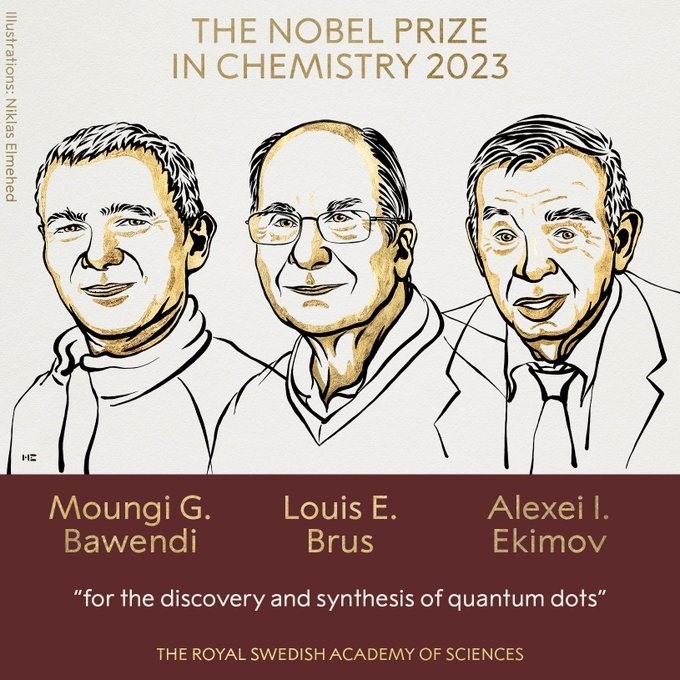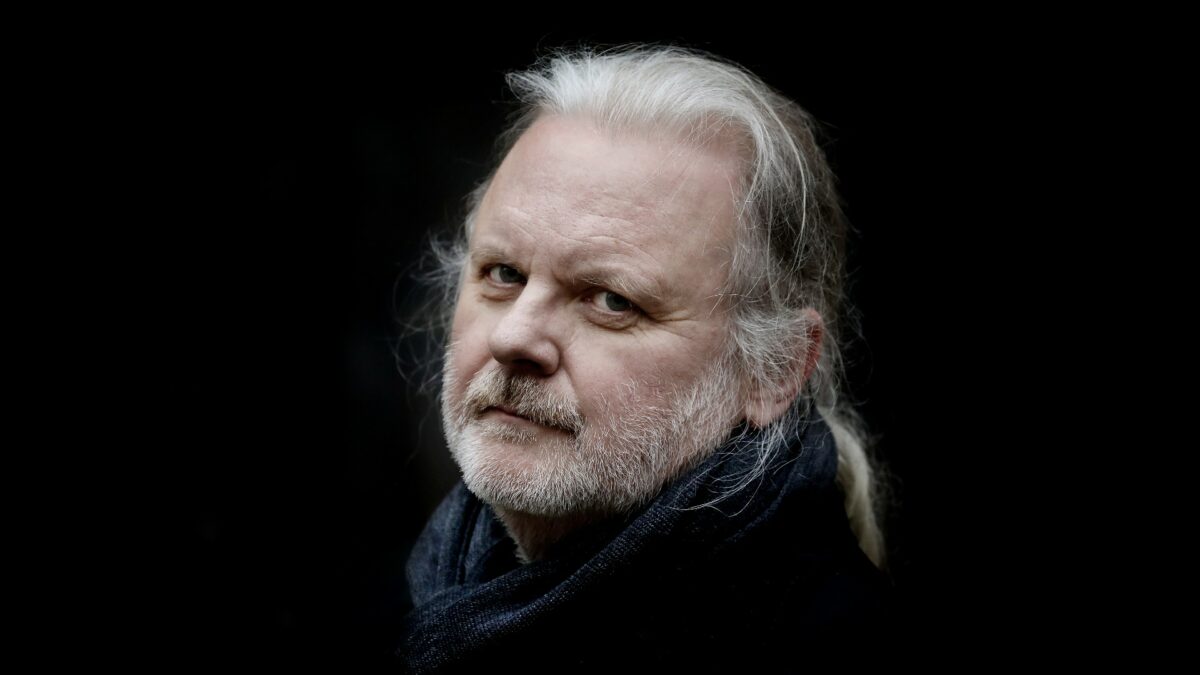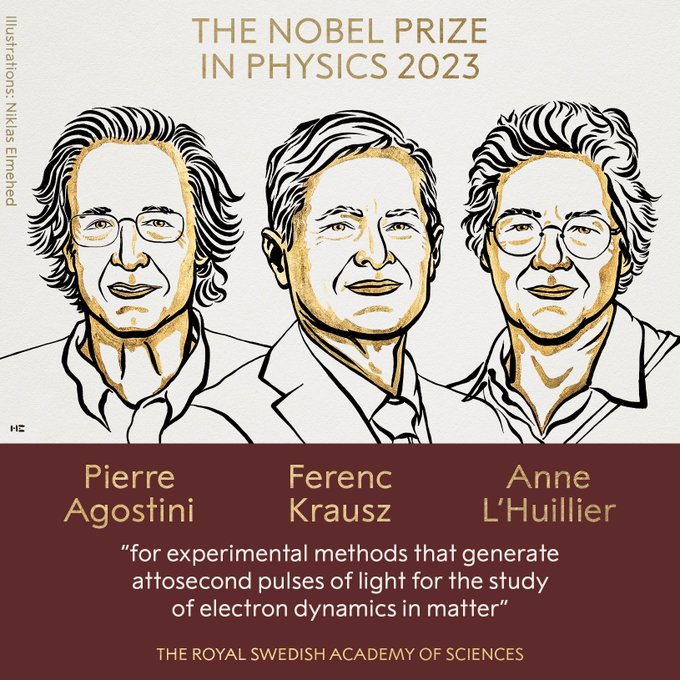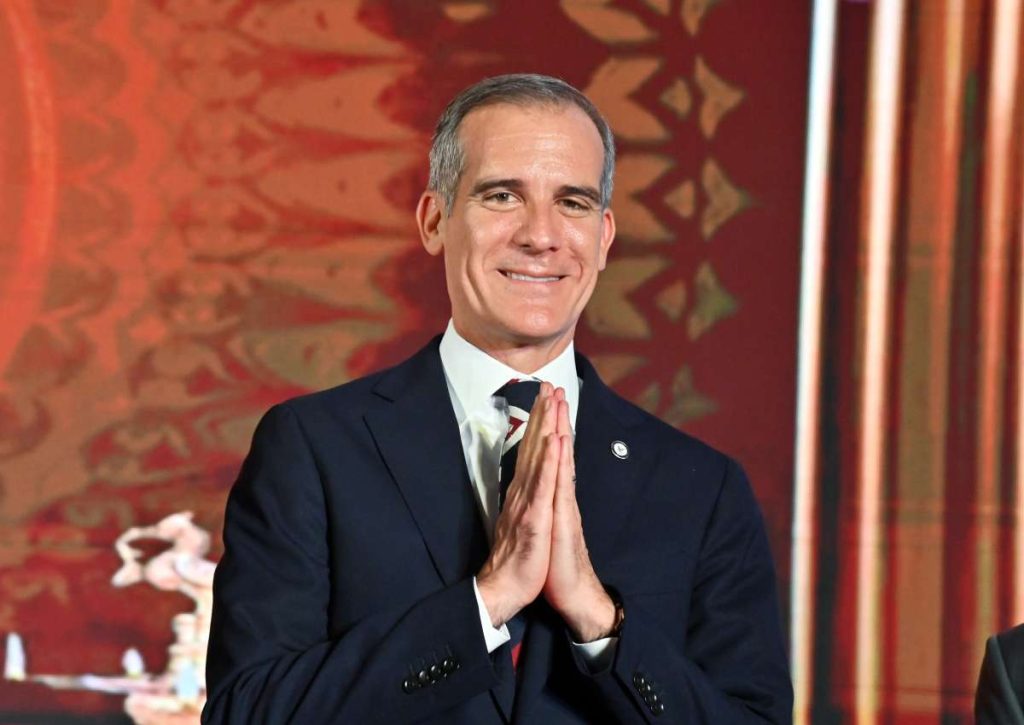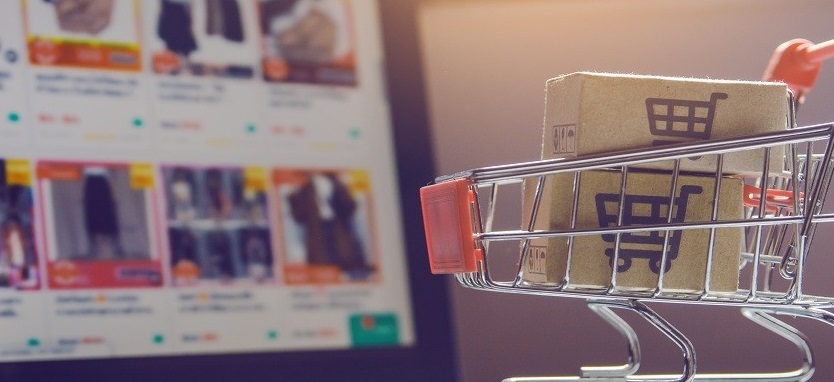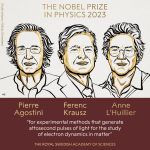In 1993, Moungi Bawendi revolutionised the chemical production of quantum dots, resulting in almost perfect particles. This high quality was necessary for them to be utilised in applications…reports Asian Lite News
The Nobel Prize in Chemistry for the year 2023 has been awarded to three scientists – Moungi G Bawendi, Louis E Brus, and Alexei I Ekimov – for their discovery and synthesis of ‘quantum dots’.
Quantum dots are tiny nanoparticles whose properties are determined by their size. Their discovery has significantly contributed to the technology of QLED televisions and LED lamps, where these nanoparticles are instrumental in creating vibrant colours.
“The Nobel Prize in Chemistry 2023 rewards the discovery and development of quantum dots, nanoparticles so tiny that their size determines their properties. These smallest components of nanotechnology now spread their light from televisions and LED lamps, and can also guide surgeons when they remove tumour tissue, among many other things,” the official website of the Nobel Prize stated in their press release.
In the field of chemistry, an element’s property is governed by the number of electrons, to matter as small as nano-dimensions, the property is governed by the size of the matter. The three Nobel Laureates have successfully produced so tiny particles that their properties are determined by quantum phenomena. The particles, which are called quantum dots, today hold great importance in the field of nanotechnology.
Initially, few scientists believed that the concept of nano dimensions would be put to practical use. However, in the early 1980s, Alexei Ekimov succeeded in creating size-dependent quantum effects in coloured glass. The colour came from nanoparticles of copper chloride and Ekimov demonstrated that the particle size affected the colour of the glass via quantum effects.
A few years later, Louis Brus was the first scientist in the world to prove size-dependent quantum effects in particles floating freely in a fluid.
In 1993, Moungi Bawendi revolutionised the chemical production of quantum dots, resulting in almost perfect particles. This high quality was necessary for them to be utilised in applications.
Today, the quantum dots illuminate computer monitors and television screens based on QLED technology. It adds nuance to the light of some LED lamps, and biochemists and doctors use them to map biological tissue.
Researchers believe that in the future the concept of Quantum dots could contribute to flexible electronics, tiny sensors, thinner solar cells and encrypted quantum communication.
Earlier on Tuesday, scientists Pierre Agostini, Ferenc Krausz and Anne L’Huillier were awarded the Nobel Prize in Physics “for experimental methods that generate attosecond pulses of light for the study of electron dynamics in matter.”
On Monday, Katalin Kariko and Drew Weissman were jointly awarded the Nobel Prize in Medicine for their discoveries that enabled the development of effective mRNA vaccines against COVID-19. (ANI)
ALSO READ-Study on electrons with attosecond pulses wins Nobel in Physics

